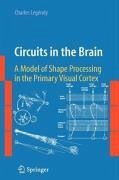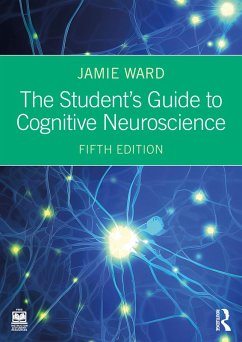
The Neurobiology of Parental Behavior (eBook, PDF)
Versandkostenfrei!
Sofort per Download lieferbar
232,95 €
inkl. MwSt.
Weitere Ausgaben:

PAYBACK Punkte
116 °P sammeln!
Among the membership of the Society for Neuroscience, the largest subset of researchers are those working in behavior. There are numerous courses offered at the graduate level examining these issues in neuroscience, behavioral science, psychobiology, psychology, and evolutionary biology programs. This first volume in a new series examines these vital questions.
Dieser Download kann aus rechtlichen Gründen nur mit Rechnungsadresse in A, B, BG, CY, CZ, D, DK, EW, E, FIN, F, GR, HR, H, IRL, I, LT, L, LR, M, NL, PL, P, R, S, SLO, SK ausgeliefert werden.












